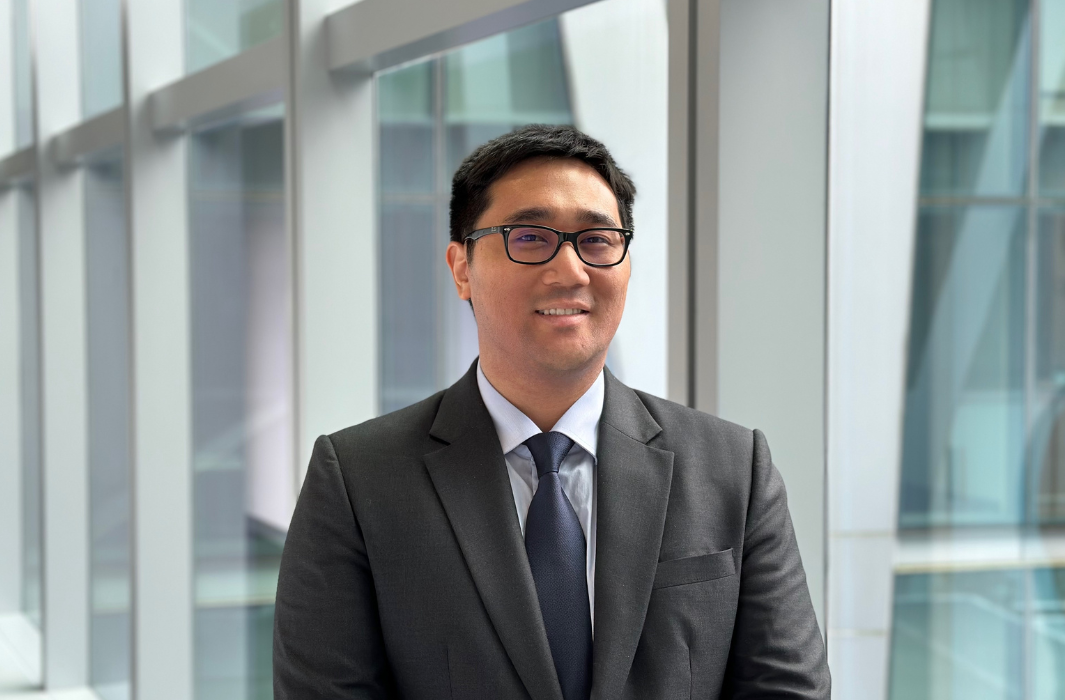Assistant Professor Ben Charoenwong (Department of Finance) is on a mission to inform society about financial adviser misconduct. Financial adviser misconduct refers to financial advisers recommending investments that are not aligned with their client’s financial interests.
“I was reading up on the structure of the financial services sector as part of my research when I learned financial advisers were not required to act in their client’s best interests. It infuriated me, so I wanted to learn more,” said Ben, who first found out about this back in 2015 and has since published a research paper analysing financial advisers’ behaviour operating under the US Securities and Exchange Commission (SEC).
“Imagine that, legally, a doctor didn’t need to act on your behalf to get better but could keep you a bit sick, so you will keep buying more drugs that they get a commission on. That felt wrong on so many levels!” Ben explained.
Ben said that in the US, one in five financial advisers has some history of misconduct. However, the numbers are likely higher in Asia as regulators tend to be less strict as the markets want to attract business. “The region’s markets are more industry-friendly as the competition is stiff,” said Ben.
And what has Ben found out from his research? One key finding, explained by Ben, is that regulators’ financial resources impact adviser misconduct.
“My co-authors and I found fewer instances of adviser misconduct in the US, especially in states where regulators had more financial resources, such as with a higher staff-per-regulated firm and those paying higher salaries. Meanwhile, regulators whose employees are better educated, have better CVs, and are from better-ranked schools, appear more effective,” said Ben.
In addition, the misconduct tended to be concentrated among financial advisers serving less sophisticated clients, those further from the regulators, and those with a prior history of misconduct.
Ben’s research may be based on data from the US, but his expertise has been recognised in the region. Ben was called to be an expert witness on an adviser misconduct trial in Thailand, where he analysed that the financial adviser, while collecting fees from his client, had failed to disclose potential financial risks to the client, resulting in massive losses.
The research suggests that beyond passing new rules, policymakers should also pay attention to their implementation and enforcement. In particular, they ensure that regulators have the appropriate resources to enforce new and existing rules.
Research that began from crisis
Ben’s research journey began when the global financial crisis happened towards the end of his high school at the Singapore American School.
“I remember being curious about how the crisis started. So, I started delving deeper into understanding financial markets and the participants. That’s been an impetus for my research in finance,” he said.
Ben then enrolled at the University of Michigan, triple majoring in economics, statistics, ad financial mathematics and economics as an undergraduate. After graduating in three years, he then went on to the Chicago Booth School of Business’ MBA programme and read his PhD, majoring in finance.
Ben’s interest in regulatory challenges surrounding the global financial crisis led him to one of his research: financial regulation. He studied policies’ impact on entities such as households and firms. Reading up on various policies on regulation was what led Ben to his study on financial adviser misconduct.
Another of Ben’s research focuses on financial technology where he analysed how innovations impact the existing financial system and bring about significant changes to organisations.
Ben said that his research papers have been cited by bodies such as the US Department of Labor in its policy papers. “My co-authors and I have the opportunity to share our research findings with the Department of Labor representatives. It was an eye-opening experience on how research can influence policy-making,” said Ben.
And what research will Ben be working on next? Ben revealed that he is studying decentralised finance (DeFi) technology, a segment of financial services and applications based on blockchain technology, especially its regulation.
“As new technologies break into the zeitgeist, their initial hype can overshoot fundamental value, yet long-term people may underestimate the impact of such technologies. But for these technology to be adopted and accepted broadly, we need clear rules in place. And to have clear rules, we need to understand where are the potentials, limitations, and pitfalls of this new technology,” said Ben. He finds the continual search to first broaden capabilities, then adopt and refine it, exciting.
When asked to summarise his research work so far, Ben pointed out that it has been a satisfying journey. “I value the freedom to do work in areas that I think are important for society as well as interesting to me,” he said.
“I am glad to be doing what I enjoy; even if someone gave me a billion dollars to do something else, I would probably still stick to what I am doing now,” Ben said.



